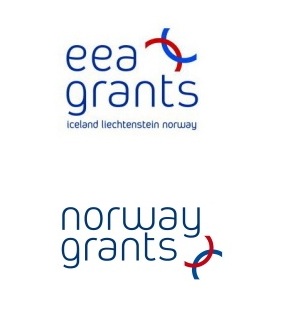Conclusions - 3
17) One may say there already exists a stereotype of the Icelander among the Polish community in Iceland. While not widely known in the home country, in Iceland this stereotype appears to be rather fixed. The salient traits are a laid-back attitude, slowness at work and in other undertakings, determined and staunchness, self-assurance, politeness, tolerance together with keeping a distance towards aliens, and a tendency to look down on others.
18) The traits that this stereotype is built of are not a hindrance to “entry” into Icelandic society. No attributes or customs have been found whose presence would make integration impossible.
19) The attitude of Icelanders towards Poles is ambivalent. On the one hand, Icelanders admit that Polish immigrants have contributed to economic growth, were actively encouraged to come to work (by recruitment firms), but on the other they are currently viewed by some as competition on the labor market or dodgers who take advantage of Iceland's system of social services. At present immigrants are often associated with crime.
20) Icelandic employers we have questioned expressed contradicting opinions about Polish workers. While they appreciated their punctualness and hard work, they also pointed out their lack of self-sufficiency at work and the need for constant supervision and incentives (the “stick and carrot” method). Generally, Polish construction workers were compared favorably against workers of other nationalities. When searching for cheap and efficient workers, none of the firms gave consideration to recruitment from countries other than Poland, even though with time Polish workers of increasingly lower qualifications have been arriving to Iceland.
21) Most Icelandic employers in our study had doubts about the education of Polish workers and suspected them to not have the formal education they claimed to have, therefore they did not ask for certification of their qualifications.
22) Icelandic employers in the study declared openness towards immigrants and obeyed political correctness. While stressing that all workers are treated equally, they spoke condescendingly of Polish workers. The managers treated Polish workers like children who need constant praise.
23) Immigrants who arrived in Iceland in the past two decades were viewed by Iceland's government and the Icelanders as primarily “work force”, and for this reason mainly the trade unions have been concerned with the immigrants' rights. Until 2007 the state did not formulate any official policy on integration, under the assumption that the immigrants were temporary workers who would soon return to their home countries.
24) The policy of integration followed since 2007 concerns mainly teaching of the Icelandic language and labor market aptitude. Official actions are focused on these issues, however the access to adult education for immigrants remains poorly organized, with responsibility for this kind of education being spread out and funding being provisional and changing from year to year.



